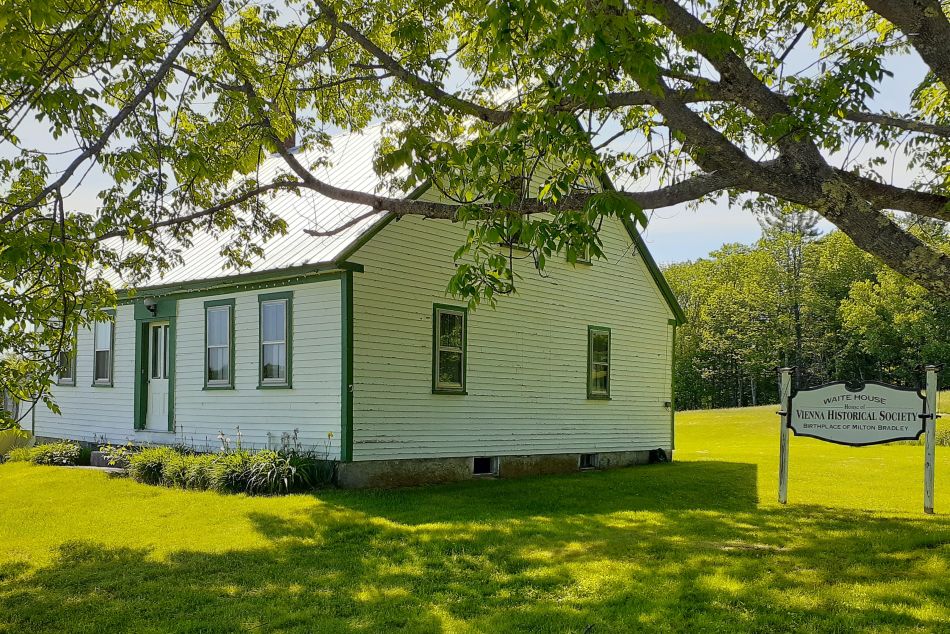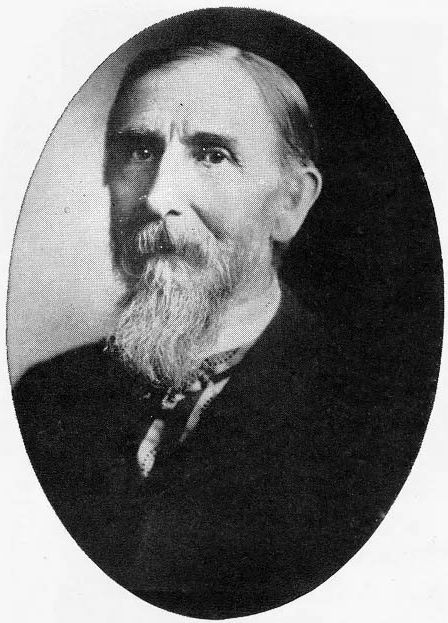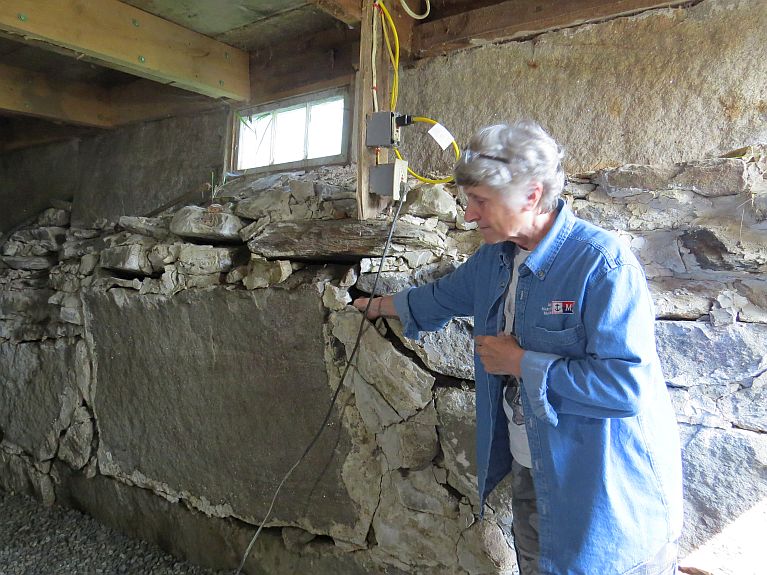
Playing Games With a Familiar Name

How many times did you play Candy Land with your siblings or friends when you were young? As you got older you may have played The Game of Life as you sat around the table after a family meal? If so, did you ever notice the “MB” logo on the box? MB stands for the multi-million-dollar Milton Bradley Company, which became a name familiar to just about everyone after 1860.
Milton Bradley hailed from Vienna in Kennebec County, where he was born November 18, 1836 in his parents’ home. He was the only child of Lewis and Fannie (Lyford) Bradley, whose parents had migrated from Rockingham County, N.H. to Vienna (Bradley) and Mount Vernon (Lyford) between 1799 and 1804.
Since Milton was their only child the couple was especially affectionate and saw to it that he was raised in a hard-working, Christian household. They disapproved of dancing, drinking alcohol, or gambling but they did enjoy playing chess and checkers with their son and they read to him in the evening. Education was important to Lewis who taught Milton mathematic concepts by using objects such as apples and the boy was a quick learner. His father’s emphasis on education and their pleasure in reading and game playing came to serve Milton well as an adult.
Lewis Bradley was a carpenter and he also ran a potato starch factory until the potato blight hit in the early 1840s. Then he was forced to close his business, and he moved his family from Maine to Lowell, Mass. in 1847 and from there to Haverhill.

Despite changing schools more than once, Milton was strong in science and math, thanks to his father’s tutoring. He also became a talented artist and draftsman. He studied technical drawing at the Lawrence Scientific School at Cambridge, Massachusetts, helping to pay his tuition by giving drawing lessons and selling stationery and writing supplies to his fellow students. Due to his parents’ financial restrictions, he had to leave Lawrence after a year and he went to work as a draftsman. That led to his interest in lithography.
Milton Bradley was living in Springfield, MA and working for a railroad company as a lithologist when he got the idea for his first board game, the “Checkered Game of Life.” He was 24 years old in 1860 when he decided to put all his energy into making board games and established his own company. This was reorganized in 1884 and named the Milton Bradley Company. His first venture was to New York City where he readily sold the hundreds of “Life” games he had produced himself to newsstand, stationary and department store merchants. After that his game quickly became a sensation and by 1861 he had manufactured 40,000 Games of Checkered Life.
In 1869 Bradley heard a lecture about kindergarten, a then new concept of education for five year olds. His interest was sparked and he began to champion the kindergarten philosophy of learning through play. Up until then young children had been taught through memorization of facts and numbers. Bradley began producing materials that could be used in kindergarten classrooms, such as crayons, watercolor paints and colored paper. By the end of the 19th century his company was producing about everything a school could need including: desks, chairs, tables, chalkboards, paper, paints, educational toys and games.
Milton Bradley continued to invent and make toys, games and school supplies until he died on May 30, 1911 in Springfield, Mass. He is often credited as the father of board games. In 2006 he was entered into the National Inventors Hall of Fame.
So you may be wondering what happened to Milton Bradley’s birthplace in Vienna? If so, you will be pleased to know it is still standing and was purchased in 2009 by the Vienna Historical Society (VHS). Their small, but mighty, group of board members and volunteers has since worked diligently to preserve the house as well as the history of Vienna and Mount Vernon.
The ca. 1832 Cape Cod still retains much of its antiquated interior features, including the granite and rubble stone foundation. The cellar recently created a big problem for VHS when one of their members discovered a foot of water had leaked inside. Further inspection revealed its walls had shifted enough to endanger the stability of the entire structure.

“We were told by a contractor that we were lucky the first floor didn’t cave in on us,” said Ingrid Grenon VHS president. The estimate to do all the interior and exterior work is about $200,000. VHS has secured a contractor who specializes in restoring historic structures and currently has $67,000 available to start the work, of which $32,000 is dedicated to the inside of the cellar. The rest will be used towards excavation and installation of a drainage system around the exterior of the building to prevent further leakage, according to Grenon. “This house is an important part of Vienna’s history and we are going to do our best to save it,” she said.
Milton Bradley’s birthplace is located on the corner of Route 41 and Bradley Road in Vienna village. The building is open to the public this summer from 10:00 a.m. to noon on Saturdays or by appointment. VHS will host an outdoor flea market on Saturday, August 23, 9:00 a.m. – 2:00 p.m. If anyone has an outdoor booth they would like to set up, there is no charge but donations are welcome. For more informaton, contact Ingrid Grenon at (207) 293‑8048 or shier60@verizon.net. Donations towards the restoration of the Milton Bradley birthplace can be mailed to Vienna Historical Society, c/o Ingrid Grenon, P.O. Box 177, Mount Vernon, ME 04352.
Dale Potter-Clark is a founder and historian for the Readfield Historical Society and author of non-fiction and historical fiction set in central Maine. You can contact her at (207) 441‑9184 or crossings4u@gmail.com.
Download Full Newspaper: High Res | Low Res (Details…)
<— Previous Article • Summaries • Next Article —>
©2025 by Summertime in the Belgrades. All rights reserved.